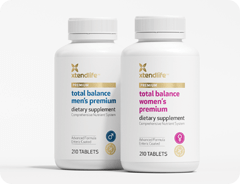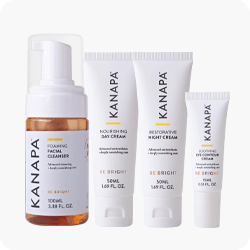In the wake of the most devastating environmental disaster in America’s history, the oil spill spreading through the Gulf of Mexico has already caused widespread damage to marine eco-system…and it’s still spreading.
Seafood throughout the Gulf is potentially at risk of containing at least some traces of the toxins released from the spill. However, according to this CNN article an official from the FDA said seafood from the Gulf of Mexico available to consumers in stores and restaurants now is safe.
According to the article, Mike Taylor, deputy commissioner of the FDA, said: “…halting fishing in oil-affected waters had successfully prevented tainted seafood from reaching U.S. markets so far….officials were ‘collecting and testing a variety of seafood,’ in particular the shellfish such as crabs, shrimp and oysters that are less likely to escape oil contamination and can retain the toxins for a longer time.”
Taylor’s comments seem to conflict with the views of various health experts…such as those of John Howard, director of the National Institute for Occupational Safety and Health, as per the following excerpt from the article:
"The main problems from exposure to crude oil and dispersants are ‘acute irritant effects’ to skin, as well as neurological complaints including headache, dizziness and nausea…Some people are just very sensitive to hydrocarbon odors…Some people go to the gas station and they get very sensitive to when the gas fumes are there."
Committee chairman Sen. Tom Harkin, D-Iowa, also questioned how confident Taylor could be “when small organisms and fish that ingest or otherwise get contaminated by oil and dispersants get eaten by larger fish to spread the toxins up the food chain.”
With many health experts expressing their concerns over the potential long-term health risks to people living and working in the area, common sense should reason that seafood from the Gulf may likely have some traces of chemicals and toxins from the spill.
With so many questions being asked about the causes, consequences and compensations of the oil spill, the real question should be:
“Would you eat seafood products from the Gulf?” We would suggest you be very cautious which is very sad…especially considering that the livelihood of many people in the fishing industry is at stake as a result of this disaster.


 Supplements
Supplements Superfoods
Superfoods Bundles
Bundles









